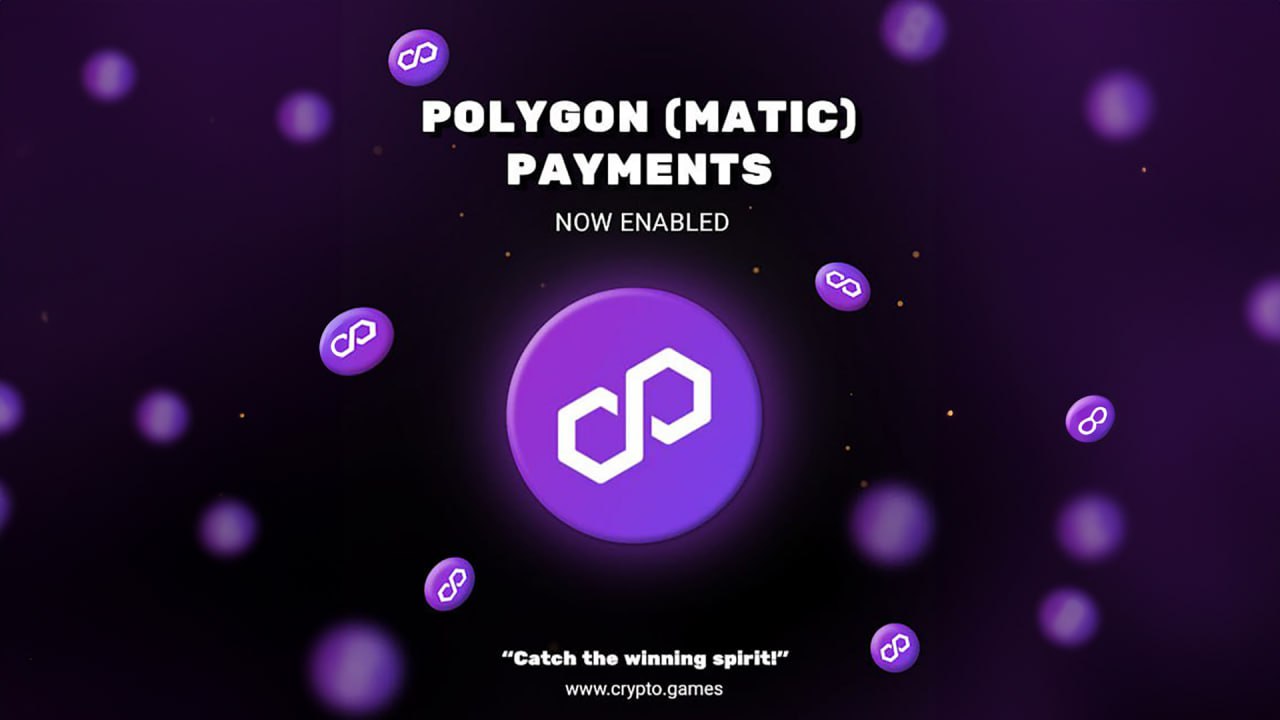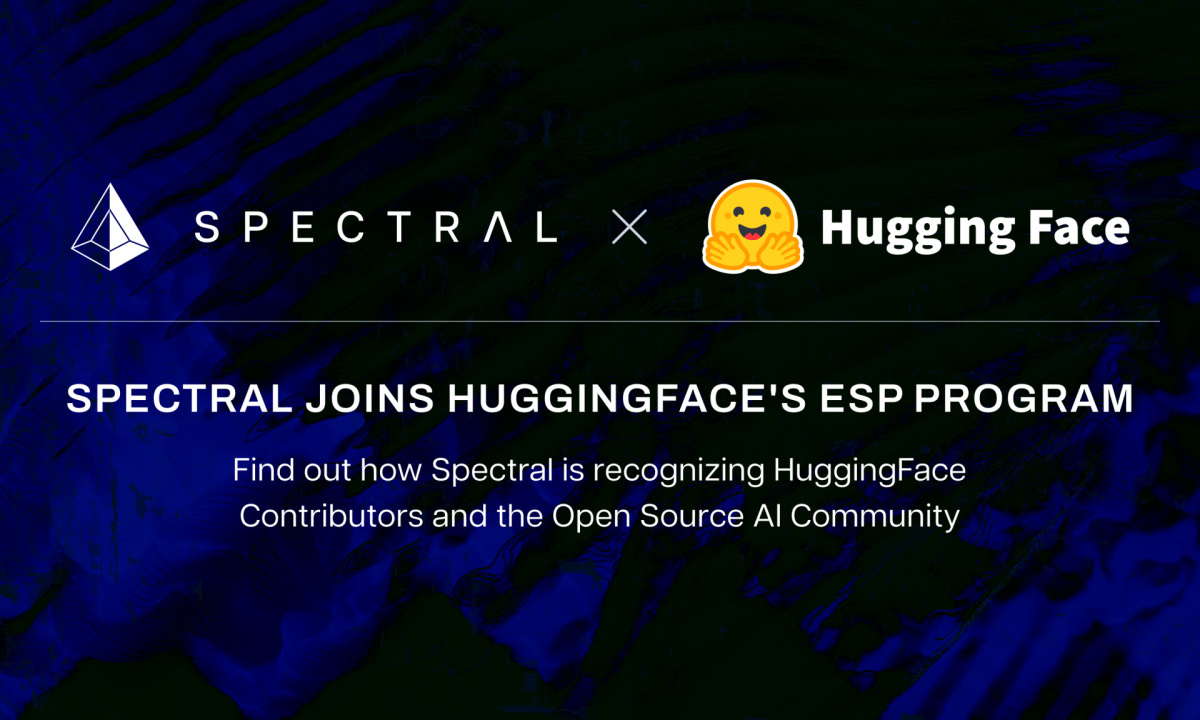What Are Blockchain-Enabled Smart Locks?
A smart lock is a connected device that can be controlled digitally from a mobile phone. It has gained popularity in homes, but consumer-grade smart locks are vulnerable to cybersecurity issues. To address these concerns, blockchain-enabled smart locks have emerged. These locks can be locked or unlocked based on the state of a variable embedded in a smart contract. The programmability and ability to link payment methods like tokens or oracles with the lock’s state enable new business models that were previously impossible due to security concerns.
Blockchain-enabled smart locks offer versatility and security by using a smart contract as the underlying logic layer. For example, the addresses can be tied to a digital identity, allowing tracking of individuals entering and exiting a location. This feature is particularly useful for homes, where guests or service people can enter even when the homeowner is away. Additionally, this technology opens up new commercial applications in offices, hotels, or rentals. Locks can be programmed to open when rent is paid or require multiple addresses to approve a state change for high-security purposes.
Aside from their programmability, blockchain-enabled locks offer enhanced security compared to traditional smart devices. Instructions to lock and unlock can be sent from anywhere in the world, and the inherent security of blockchain allows for collaboration and joint signatures without additional security infrastructure.
However, there are a few downsides to blockchain-enabled locks. They can be vulnerable to a loss of connectivity as they rely on access to a decentralized network of nodes. Additionally, losing the private key can result in being locked out without any recovery mechanisms. Public blockchains also pose potential issues of privacy and processing time.
Despite these potential drawbacks, blockchain-enabled smart locks enable novel business cases with their programmability and connection to the token world.
Author: Johannes Schweifer is the CEO of CoreLedger, a company empowering businesses of all sizes to access the benefits of blockchain technology. Schweifer co-founded several blockchain start-ups, including Bitcoin Suisse. He is a passionate problem-solver, holding a master’s degree in Chemistry and a PhD in distributed computing and quantum chemistry.
Powered by Froala Editor











